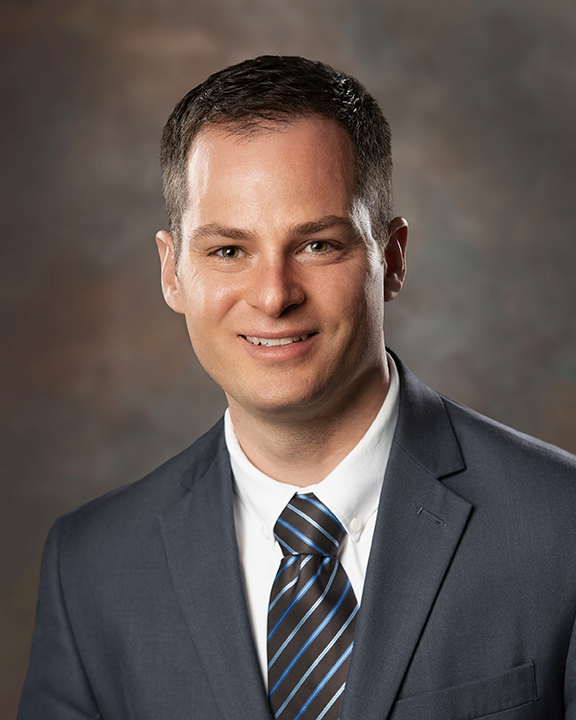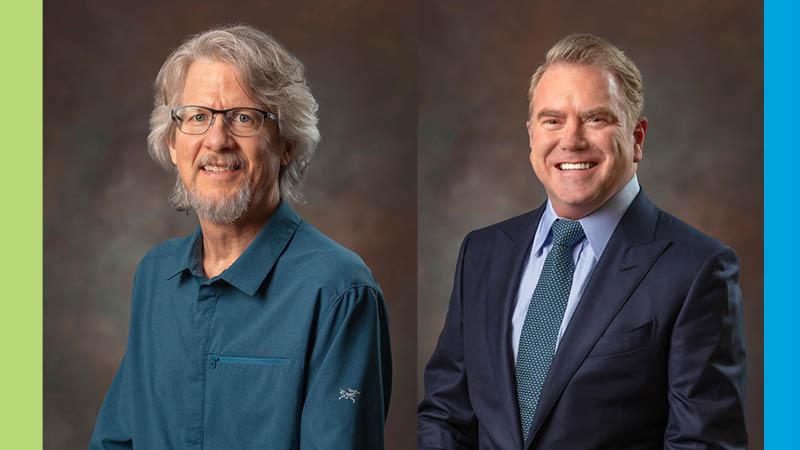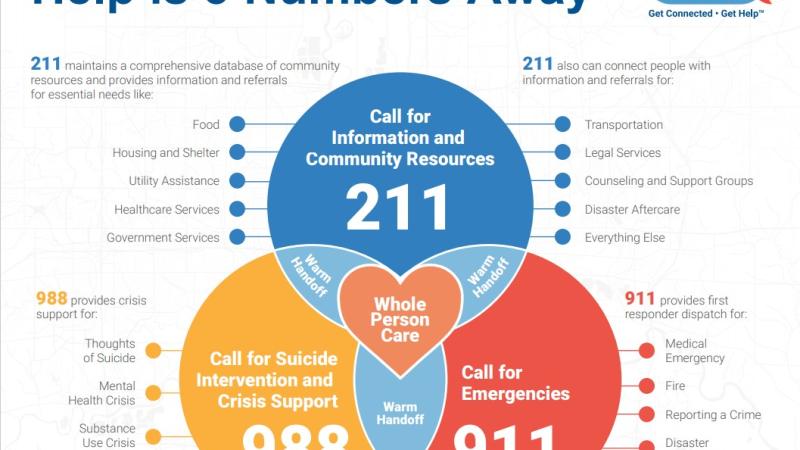
September 24, 2020
Many today are all too familiar with drug or alcohol addiction. Whether personally, or through a loved one, most of us have experienced the pain of addiction. Addiction is generally recognized when individuals compulsively use a substance despite adverse consequences. But is it really a “disease” you can treat medically?
For decades, many seemed uncertain. So did I before medical school. Can you really have a disease when you voluntarily used a substance? Perhaps addicted individuals simply lacked the motivation, or will power to stop.
About the time I was pondering this question, science and medicine were making sweeping discoveries regarding addiction. Addiction is now clearly defined by all relevant medical societies as a chronic disease.
Along the way, I enjoyed some incredible opportunities. I did a medical school rotation at the world-famous Betty Ford Center to study addiction and a full year of additional training to become a certified addiction specialist in addition to my family medicine expertise.
Fittingly, one of my last patients in training was a kind and talented young lady who had been admitted to the hospital for an arm that was literally rotting and dying from an IV drug use infection. She could intelligently articulate her predicament. Yet, when I asked her how her cravings for heroin were she said, “I’d inject right now if I could.” Her dad, in the room, looked at me with tears and said, “Isn’t this a terrible disease?”
How is addiction a disease?
Disease can be defined as a disorder of structure or function in a human.
In a disease like diabetes, there is a change in how your pancreas regulates sugar. With extremely high blood sugar, you may experience physical symptoms like nausea, shortness of breath, or confusion.
In addiction, the primary change in function and structure occurs in the brain. As a result, addicted individuals may exhibit symptoms of negative emotions, poor decision making, and compulsive behavior.
The path to addiction usually starts with a person voluntarily using a substance. However, with continued use over time, the pathways in the brain that control reward, motivation, and decision-making are all disrupted. When these delicate pathways are disturbed, the use of drugs or alcohol is no longer voluntary.
This disruption often occurs through inappropriate release of important chemicals like dopamine (a “reward” chemical). This explains why drugs/alcohol can cause a temporary exhilarating “high”. However, with persistent use, the brain adapts to the artificial overload. Dopamine and other chemicals are not processed appropriately and a resultant lack of good feelings prevails. This leads individuals to use chemicals just to feel “normal” again.
Brain imaging (like MRI) has also advanced our understanding of addiction. Research shows heavy alcohol use, for one example, reduces gray matter (a part of the brain that helps with planning and thinking). With such changes, it’s no wonder people with addiction often make poor decisions. Understanding the science of addiction helps to limits its stigma and encourage treatment.
How do you treat addiction?
1. It takes time! Individuals with addiction are likely to experience ups and downs in use patterns and functionality. The goal in treatment is to minimize the bad effects by eliminating or minimizing the use of a given substance.
2. Treatment varies depending on the substance(s) used. Alcohol, nicotine, opioids (pain pills, heroin), benzodiazepines (Xanax, Ativan, etc.), meth, cocaine, and marijuana are just some of the substances to which people become addicted.
3. A team approach works best. Common partners include a medical provider, nurse, pharmacist, care coordinator, social worker, support groups, and an addiction counselor among others. Family and friend support is irreplaceable.
4. Other mental and physical health needs must be diagnosed and treated. People often use drugs or alcohol to help “self-medicate” conditions such as depressed mood, poor sleep, and pain, among others.
5. Finally, there are medications which can help lessen unpleasant withdrawal symptoms and/or assist in reducing cravings for a particular substance. Just like all medications, you should only receive addiction treatment prescriptions from qualified health providers and have regular monitoring to asses for safety and efficacy.
In today’s unprecedented times, many are feeling more stress than ever and may be developing unhealthy habits with alcohol, opioids, or other substances. Now, is the perfect time to seek the help you or your loved ones need. Helena is fortunate to have a growing number of health teams who are passionate about treating addiction. Leo Pocha Memorial Clinic, PureView Health Center, and St. Peter’s Health are among the clinics who have providers that specialize in addiction.
Remember, addiction is a disease that can be treated with careful and sustained treatment .I’ve seen that when an individual with addiction is treated, entire communities enjoy happier, healthier and more fulfilling lives.
Dr. Kyle Moore is a family medicine physician and addiction specialist.
This article was published by the Helena IR on Wednesday, September 23 HERE.


